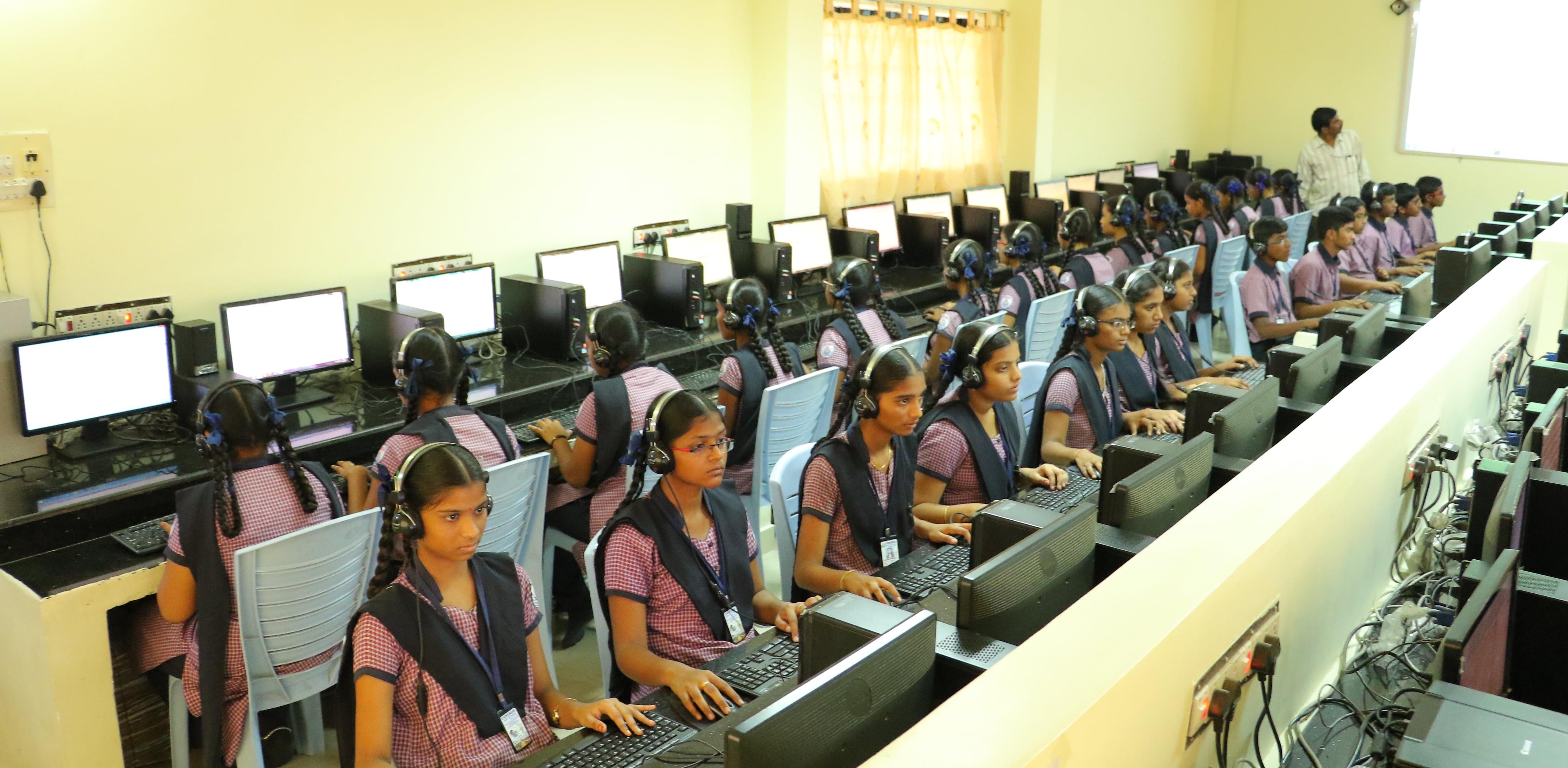

This is the time of modernisation where children are suppose to use latest technologies to access the internet and grab the knowledge from all over the world. Teaching these ways all the time in theoretical way does not make a child sound in understanding things. For this we have a well equipped computer lab in our school with 40+ systems so that every child is capable of performing all the basic operations a computer.
We ensure that every child is in a position to access the information from all over the world regarding his/her studies and also to perform basic creative activities on a computer with well qualified staff of ours, who will instruct children in a gentle manner to understand.

Science activities in the early grades are what lay the groundwork for student understanding in the subject, and we’re talking hands-on lab experiments, not just reading dull textbooks. The NSTA says hands-on investigation through laboratory experimentation is the best way to introduce students to scientific inquiry, the process of asking questions and conducting experiments as a way to understand the natural world, which is the foundation of science education.
Not only is it a better way to learn science, but it’s also more fun. “Kids love laboratories,” Nahid says. “They’re concrete thinkers, and they love to tinker with things, manipulate things, watch things that move, and things that change.”
